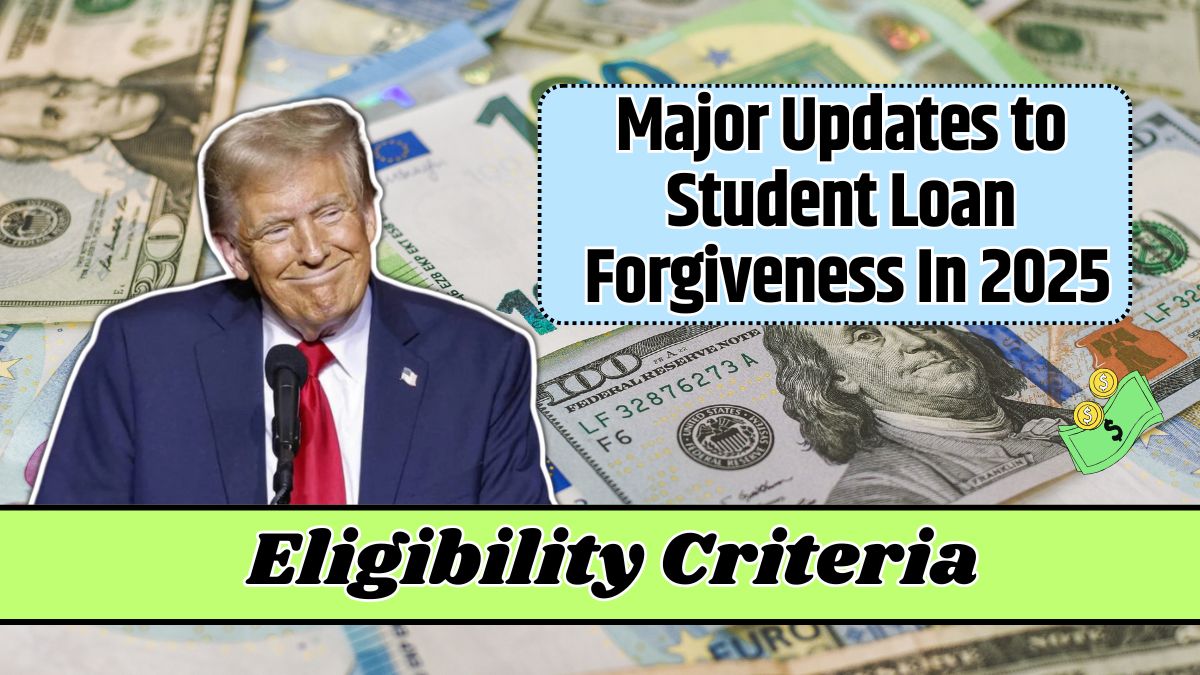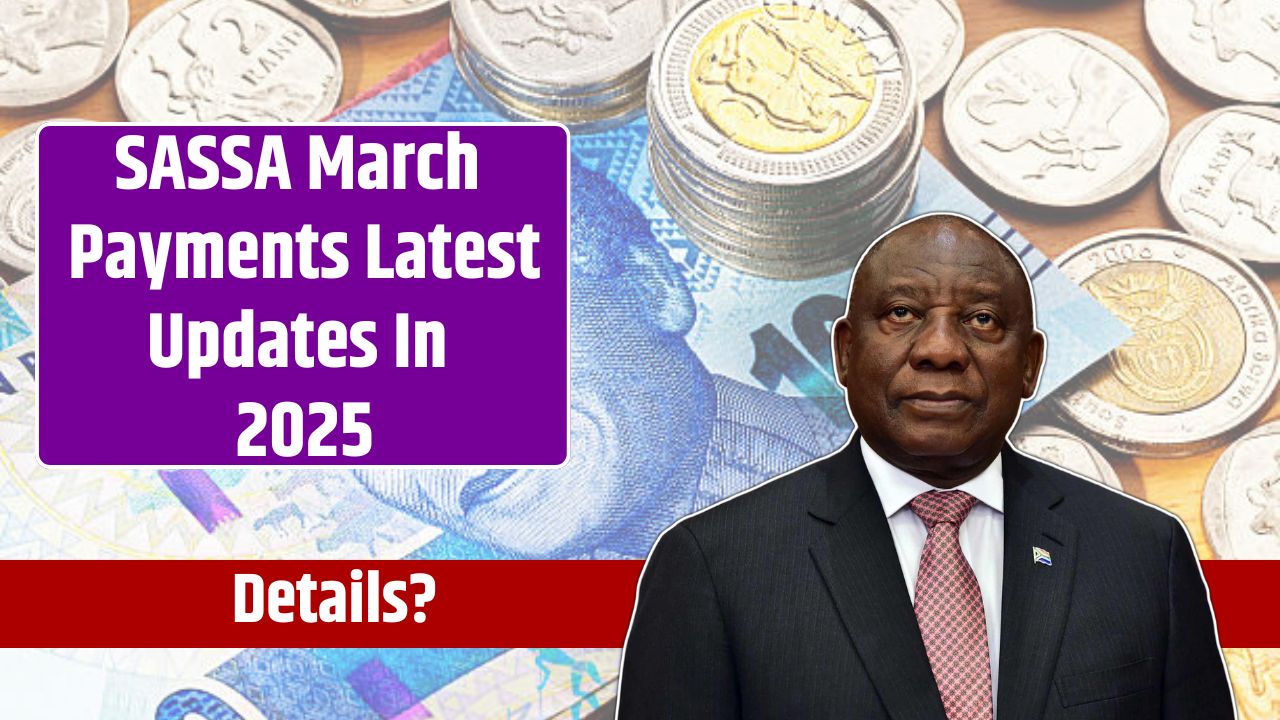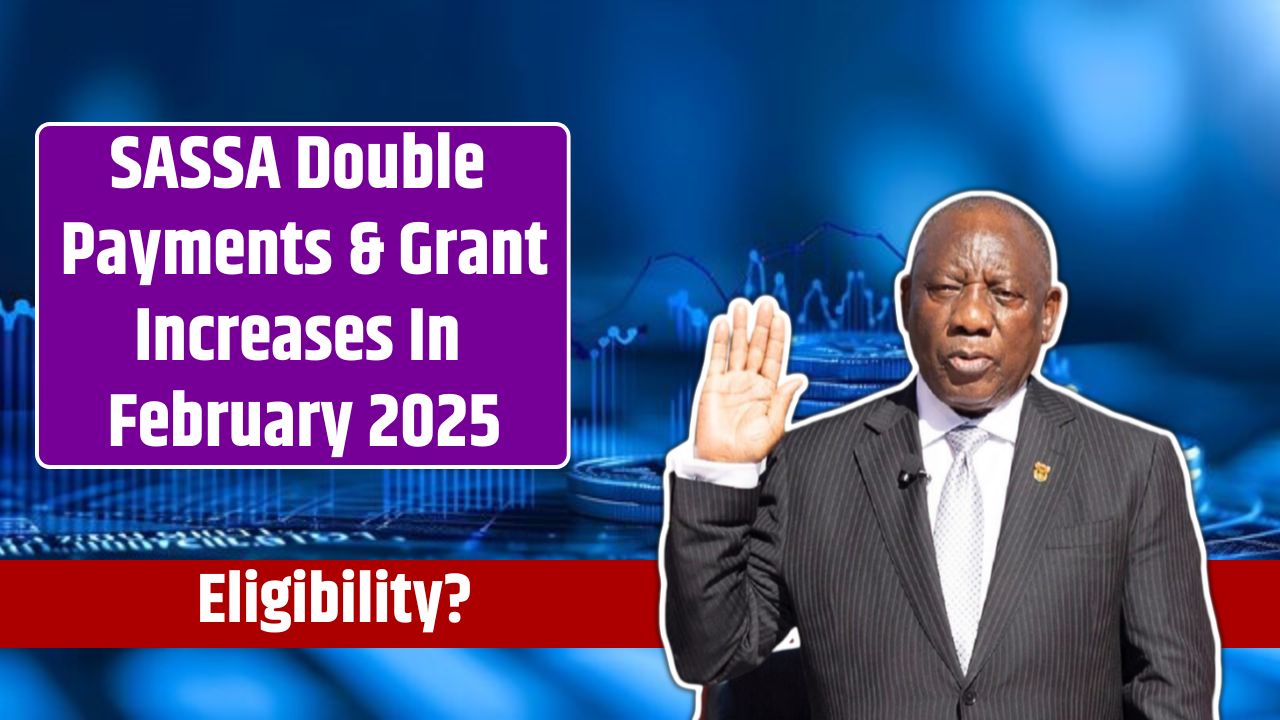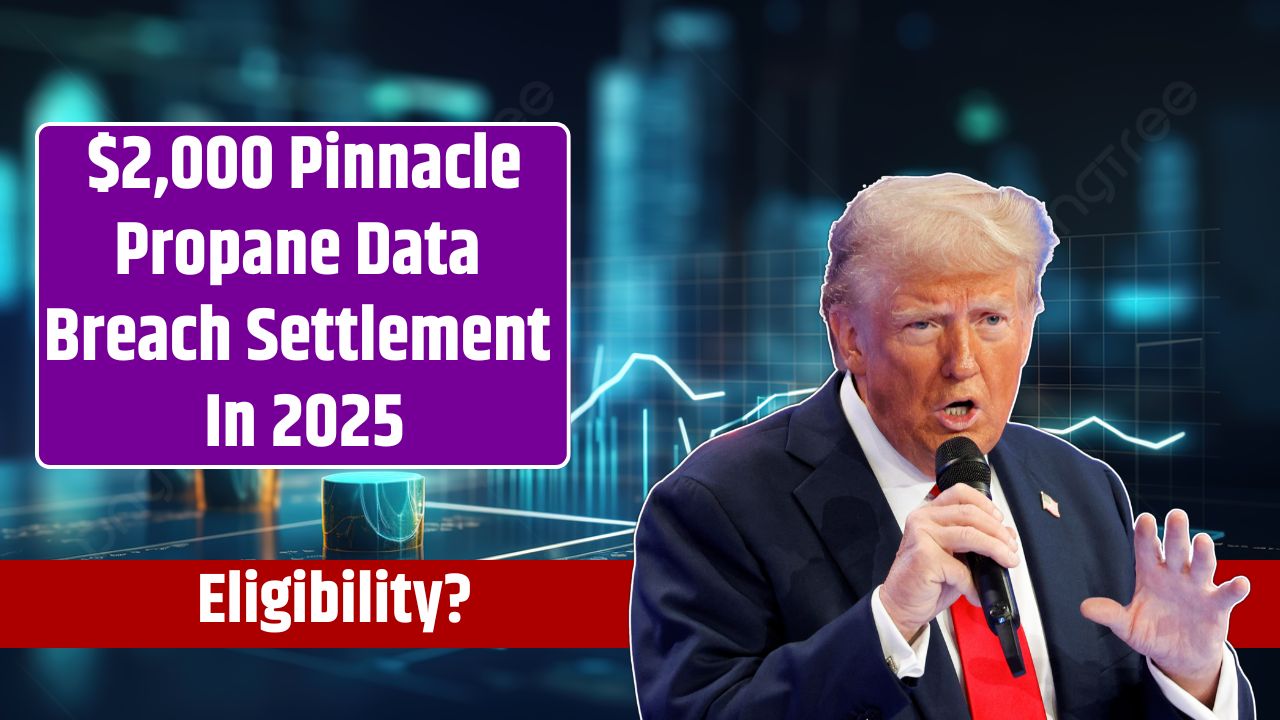Big changes are here for student loan forgiveness programs in the U.S. and Australia, bringing hope to millions of borrowers.
These updates include expanded Public Service Loan Forgiveness (PSLF), new targeted relief initiatives, and reforms to Australia’s HECS-HELP system.
If you’re juggling student debt, these changes could be the financial breakthrough you’ve been waiting for. Let’s explore what’s new and how you can benefit.
Key Updates
U.S. Programs
| Update | Details |
|---|---|
| PSLF Expansion | $74 billion forgiven for 1M borrowers; streamlined eligibility requirements. |
| Targeted Relief | $100 billion planned for high-risk borrowers to prevent default. |
| New Repayment Options | PAYE and ICR plans reopening for flexible monthly payments. |
| State-Specific Programs | Additional forgiveness for teachers, healthcare workers, and other sectors. |
Australian Reforms
| Update | Details |
|---|---|
| HECS-HELP Indexation | Calculated using the lower rate of CPI or WPI, reducing inflation impacts. |
| Retroactive Refunds | Borrowers with loans cleared in 2023-2024 eligible for refunds. |
Why These Changes Matter
Student debt affects financial well-being on a massive scale. In the U.S., borrowers owe over $1.7 trillion, while in Australia, HECS-HELP loans have historically grown with inflation.
These new updates aim to reduce financial stress, ensure equitable repayment terms, and help borrowers achieve financial freedom.
For instance, U.S. public service workers now have clearer pathways to debt forgiveness, and Australian borrowers are seeing more manageable repayment conditions.
Breaking Down the U.S. Updates
1. Expanded PSLF
The Biden administration has revamped the Public Service Loan Forgiveness (PSLF) program, making it more accessible and impactful.
Key Changes:
- Over $74 billion forgiven for 1 million borrowers.
- Simplified requirements for qualifying payments and employment.
Who Qualifies?
- Full-time employees of government or nonprofit organizations.
- Borrowers who make 120 qualifying payments on a qualifying repayment plan.
How to Apply:
- Use the PSLF Help Tool to verify employer eligibility.
- Submit an Employment Certification Form annually or whenever you change jobs.
- Consolidate loans into Direct Loans if necessary.
2. Targeted Debt Relief
Aimed at high-risk borrowers, these initiatives are designed to prevent defaults and streamline the forgiveness process.
Features:
- Focused on borrowers struggling with payments.
- Simplified applications via federal platforms.
3. New Repayment Plans
Applications for Pay As You Earn (PAYE) and Income-Contingent Repayment (ICR) plans are reopening.
These plans cap monthly payments based on income, offering flexibility for borrowers with tight budgets.
Steps to Apply:
- Log in to StudentAid.gov.
- Select a repayment plan.
- Provide income documentation.
4. State-Specific Programs
Many states offer additional relief tailored to specific professions, such as:
- Teacher Loan Forgiveness for those in underserved areas.
- Healthcare repayment assistance for rural practitioners.
Check your state’s education or labor department for details.
Australian HECS-HELP Updates
The Australian government has introduced reforms to the HECS-HELP system to ease inflation-driven loan growth.
Key Changes:
- Indexation now uses the lower rate of Consumer Price Index (CPI) or Wage Price Index (WPI).
- Retroactive refunds for borrowers with loans cleared in 2023 or 2024.
Benefits:
- Average debt reduction of $1,200 for borrowers with a $27,000 balance.
- Improved affordability for current and future borrowers.
Visit StudyAssist for detailed guidance.
Practical Tips for Borrowers
Stay Updated
Subscribe to official sources like the Department of Education (U.S.) or StudyAssist (Australia) to receive the latest updates.
Check Eligibility
Regularly review your loans to see if you qualify for new forgiveness programs.
Consolidate Loans
Simplify repayment by combining federal loans into one manageable payment.
Use Online Tools
Platforms like the PSLF Help Tool and repayment calculators can provide clarity on your options.
Seek Expert Advice
Consult financial advisors or nonprofit organizations specializing in student loans to maximize your benefits.
Explore State Programs
Inquire about additional forgiveness opportunities for teachers, healthcare workers, and other professions in your state.
Recent updates to student loan forgiveness programs in the U.S. and Australia are a game-changer for borrowers.
Whether you’re pursuing PSLF or navigating HECS-HELP reforms, taking proactive steps can help you reduce your financial burden and achieve debt-free living.





















